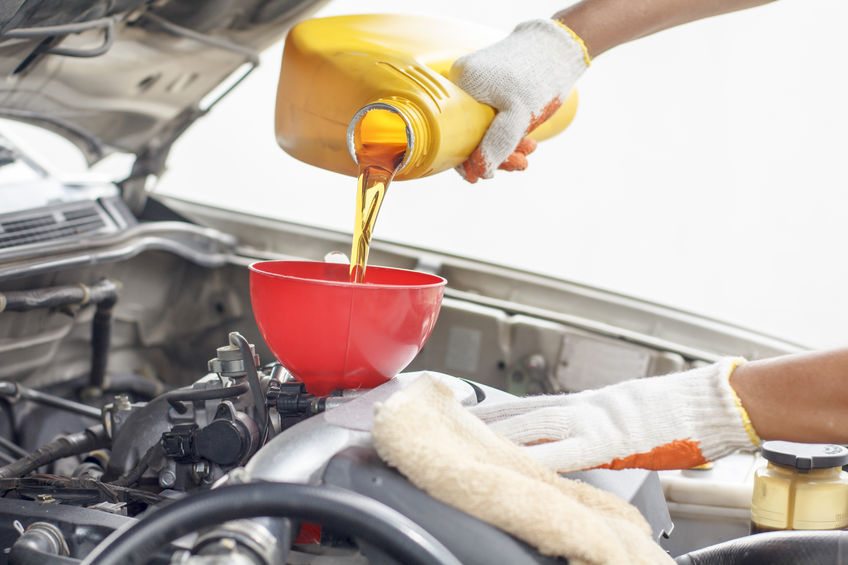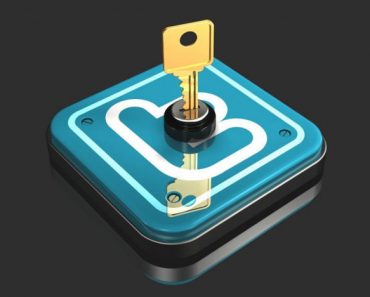Every car manufacturer has a suggested schedule, that ranges from 3,000 miles to 5,000 miles. Check your manufacturer’s repair manual or ask a mechanic for your car’s suggested maintenance plan.
Why Is Changing Oil Important?
Your engine has a lot of quick moving parts. Those parts generate a lot of friction and heat without oil lubricating. Oil draws heat out of the engine and keeps friction down which extends the life of your engine. Over time or heavy use the oil begins to break down and becomes less effective. If your engine parts stop moving, so does your car.
Let’s take a look at 5 reasons to have your oil changed regularly.

Oil Changes
- Some vehicle warranties are dependent on regular maintenance like oil changes. If your oil doesn’t get changed at the recommended periods and leads to a problem with your car’s engine your warranty could be void!
- If you make a lot of short trips your car won’t have the proper time to warm up. The time during your car’s engine warm up is the period that your engine works hardest making proper lubrication even more vital.
- If you’re going on a long trip be sure to have your oil checked first. Even if you don’t need an oil change your mechanic will let you know if your oil levels are low which can be an indicator of greater problems. Your mechanic could also let you if it’s best to change it just so your engine can run at optimal performance.
- If you’re an aggressive driver or have a tendency to work your car harder than normal you’ll need to change your oil more often. This prevents wear helping your car to keep running longer and better.
- If you don’t drive your vehicle much, your oil can become contaminated. This can contribute to increased engine wear and can cause serious damage. If you’re not driving 3,000+ miles in less than 3 months you’ll probably want to change your oil anyway.
It’s better to take the side of caution when it comes to caring for your engine. It’s minor cost for a simple preventative service in contrast to the heavy costs you’ll incur from expensive engine repairs which result from infrequent oil changes.
Check your oil once a week and make sure your levels are appropriate. When topping off your oil, always use the recommended oil and make sure your mechanic does the same.

Awkar Auto Service









